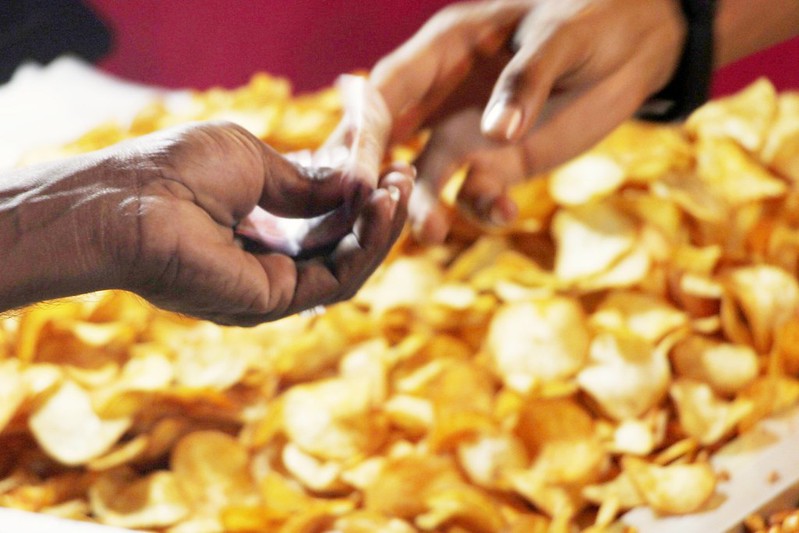
File photo: Dhammika Heenpella
The price of cooking gas shot up by almost 90% as the Sri Lankan government abandoned its strategy of price controls on essential goods as Colombo’s foreign currency crisis continues.
Sri Lanka’s cabinet announced on Friday that an earlier imposed price control on several essential foods, including milk powder, wheat flour, sugar and liquified petroleum gas was to end, leading to a sharp rise in prices of the goods.
“Prices could go up by as much as 37 percent across the board, but it is hoped dealers will not make unconscionable profits,” Consumer Protection Authority official told AFP.
However, the resulting rise was much greater than Sri Lankan officials feared, with Firstpost reporting that “the standard domestic cooking gas cylinder (12.5 kg), which cost Rs 1,400 on Friday last, is now available for Rs 2,657,” – an almost 90% increase.
The Sri Lankan government had declared a state of emergency earlier this year, imposing a ration on essential foods and forcing farmers to sell goods such as their rice to a state agency.
But as shortages continued to worsen, Colombo was forced to abandon the strategy. Rice prices have since reportedly risen by a third.
Since news of the reversal on price controls broke, the Sri Lanka’s Bakery Owners Association has decided to raise the price of a 450-gram loaf of bread by 5 rupees and the Canteen Owners Association have increased the price of cup of tea by 10 rupees, according to a report in EconomyNext. It added that the “two associations engage in openly collusive pricing undermining price competition” and “no action has been taken against the anti-competition behaviour”.
The greatest price increase however was for cooking gas – an essential good for most households on the island.
“Despite the increase in costs, there was no opportunity to increase retail prices,” energy conglomerate Laugfs chairman W.K.H. Wegapitiya told EconomyNext.
“The Consumer Authority did not allow it. The gas companies suffered huge losses due to this situation.”
“The crisis Sri Lanka faces is far from over,” an academic and senior investment banker who traded corporate and sovereign bonds and credit derivatives in the City told the Tamil Guardian. “When its government was shut out of international capital markets, in knee jerk reactions it made a series of grave policy mistakes, which exacerbated prevailing imbalances”.
“Absent a miracle, the central projection for Sri Lanka are the worst of outcomes Lebanon and Zimbabwe are experiencing”.
